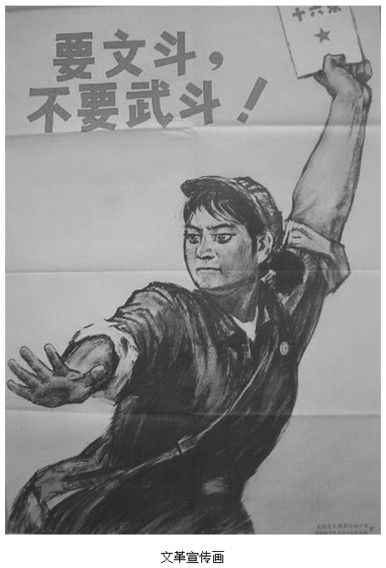To criticize someone in China publicly can be very risky, and you always cannot imagine the way in which you would be retorted.
Last week, philosophy professor from Tsinghua University Xiao Ying released an article on Han Han, defining him as the biggest scandal of contemporary literary circle in China, and according to a poll at ifeng.com, most readers of the article agreed with Xiao Ying.
However, retorts also followed soon, for example, a professor from Renmin University of China taunted Xiao Ying for being too particular over such a young man.
This is hardly anything, when I anonymously criticized some after 90 youth for being surprisingly ungracious based on latest touch with some university students, someone said I must be a loser so that I “fear” after 90 people. What a deep psychological analysis! It even reminds me of the excellent labels put on innocent people during the Cultural Revolution.

Such context affects not only critics, but the whole habit of talking on the internet in China. Experienced netizens have learnt to be very cautious in their words on the internet, to avoid any kind of misunderstanding, denouncement, offensive language or even abuses.
To both express real opinions and avoid attacks, some “masters” of Chinese language skillfully use a lot of paronomasias, metaphors and allusions on social networks, which filter some “numb brains” and make the like-minded smile knowingly, but also weaken the criticism.
In a word, you have to be sophisticated on the internet in China or you just shut up, but there are always someone never learn to flatter everybody, like me.

